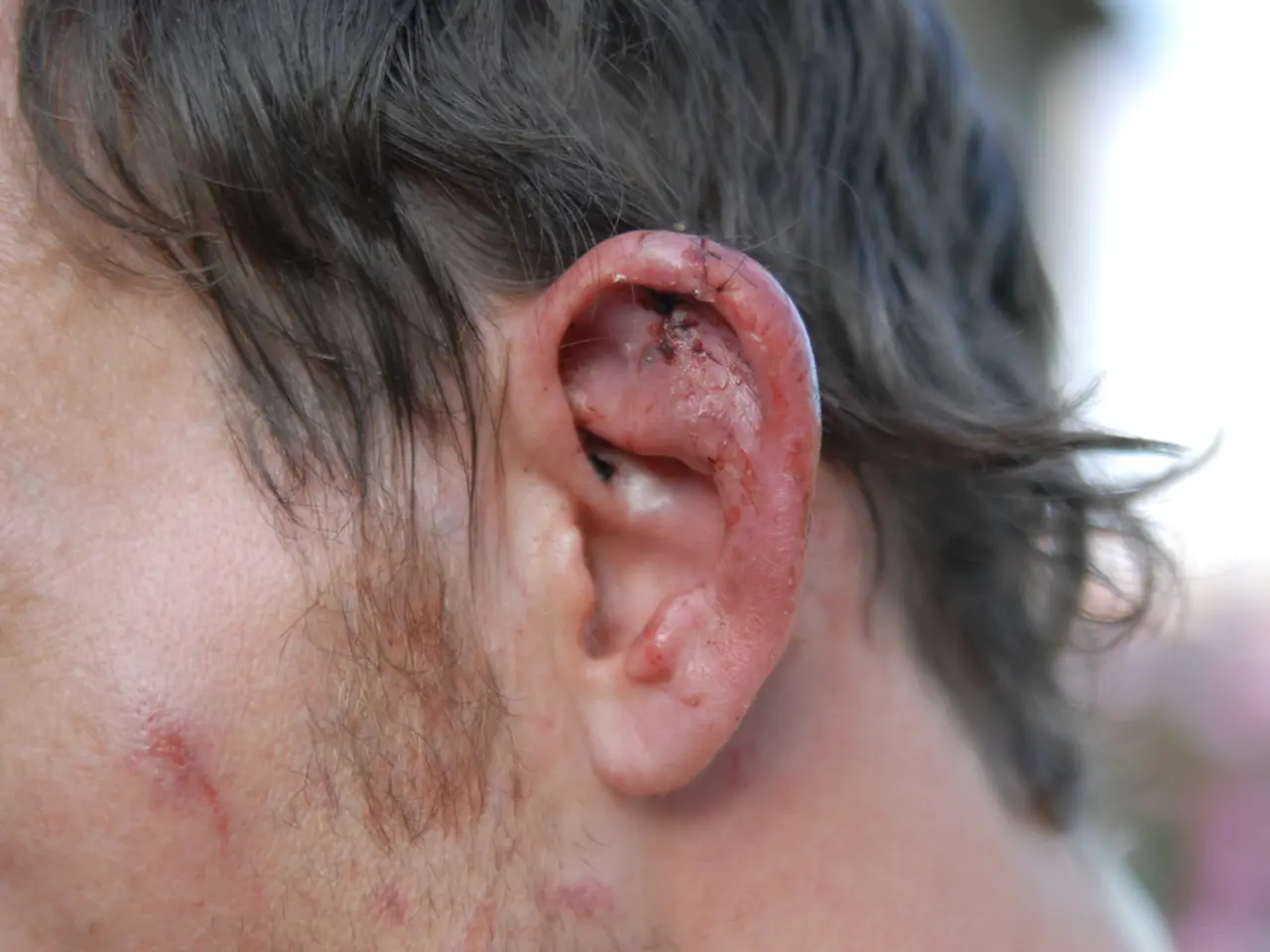Supplies running low in Bremen, Lower Saxony, Saxony-Anhalt, Thuringia, and Mecklenburg-Vorpommern, as blood stocks near a critical point
In the summer months, a significant drop in blood donations has been observed in several German states, including Lower Saxony, Saxony-Anhalt, Thuringia, Bremen, and Mecklenburg-Vorpommern. The DRK Blood Donation Service NSTOB, responsible for supplying blood to medical facilities in these regions, has reported a shortage of up to 10 percent in donors, equating to at least 250 blood donors missing every day.
This shortage is particularly concerning as blood is not artificially replaceable, and missing donations can quickly become life-threatening for sick and injured individuals. To address this issue, the DRK is urgently calling for blood donations.
Each blood donation can help up to three people, as it is divided into red blood cells, platelets, and plasma. To ensure a secure supply, around 2,500 to 3,000 blood donors are needed daily. Currently, the reserves are critically low, with only 8,900 blood units in stock, while at least 10,000 units should be in stock to cover all clinic requirements.
The DRK Blood Donation Service NSTOB organises up to 36 blood donation events daily across these states. Donors can find the current schedule for Bremen on the DRK's website at www.blutspende-leben.de/termine. At every event, the hemoglobin level and blood pressure are measured, and donors are provided with a substantial snack.
Markus Baulke, head of the blood donor recruitment and public relations department, emphasises the importance of quickly replenishing the blood reserves due to the current shortage. He states that it's crucial to maintain the necessary stock levels to ensure the well-being of patients in need.
It's worth noting that the federal government has removed the upper age limit for blood donation, allowing any healthy person aged 18 and above to donate blood at the DRK. This expanded donor base could help alleviate the current shortage and ensure a steady supply of blood for those in need.
For precise current information and appeals, checking local health authorities or blood donation services websites in the mentioned states would be advisable. By donating blood, individuals can make a tangible difference in the lives of others and help maintain the health care system during these challenging times.
Science plays a vital role in understanding the medical-conditions that necessitate blood transfusions, emphasizing the importance of maintaining a secure health-and-wellness supply. In response to the current shortage, the DRK Blood Donation Service NSTOB encourages more individuals to donate blood, as each donation can help up to three people in need, supporting the overall health-and-wellness of the community.




